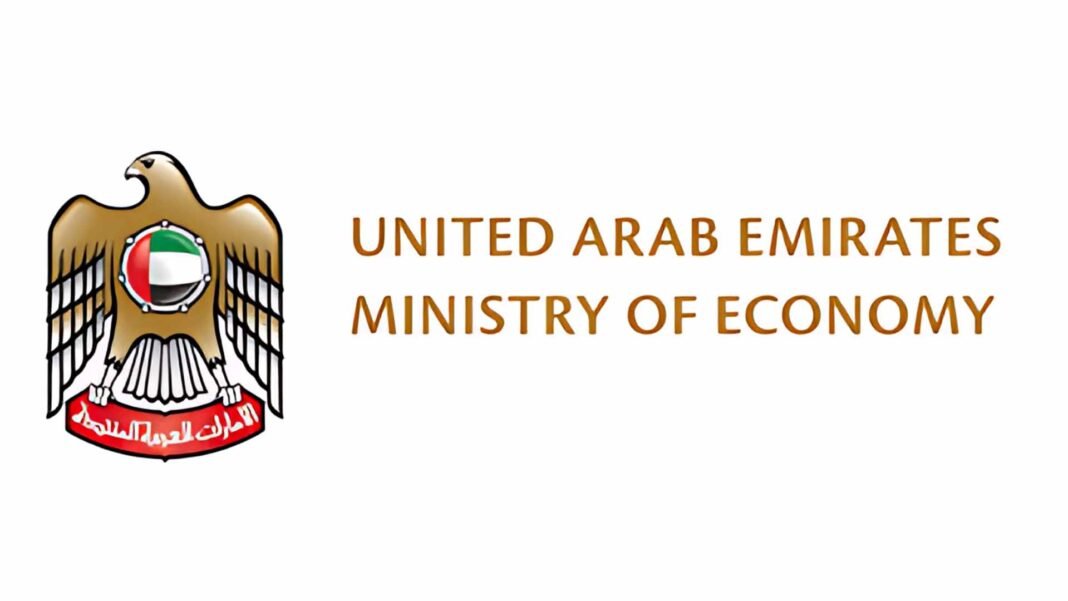Terrorism and Money Laundering Case
In a significant ruling, the Abu Dhabi Federal Court of Appeals convicted 53 members of the Muslim Brotherhood and six companies in connection with terrorism and money laundering activities. This case, known as the Justice and Dignity Organisation case, underscores the United Arab Emirates’ (UAE) commitment to counterterrorism and financial crime prevention.
Background of the Muslim Brotherhood
Origins and Ideology
The Muslim Brotherhood, founded in Egypt in 1928, is an Islamist organization with a complex and often controversial history. It promotes the implementation of Sharia law and has been involved in various political and social movements across the globe.
Global Influence and Activities
Over the decades, the Brotherhood has expanded its influence, establishing branches and affiliates in numerous countries. Its activities range from social and charitable work to involvement in political uprisings and, at times, violent extremism.
Overview of the Justice and Dignity Organisation
Formation and Objectives
The Justice and Dignity Organisation was established with the purported aim of promoting social justice and human dignity. However, investigations revealed its deep ties to the Muslim Brotherhood and its involvement in illicit activities.
Key Figures Involved
Several prominent figures from the Muslim Brotherhood were implicated in this case, playing crucial roles in the organization’s operations and its criminal undertakings.
Details of the Abu Dhabi Federal Court Ruling
Charges and Convictions
The court’s ruling covered a range of charges, including terrorism, money laundering, and the illegal establishment of an organization with the intent to commit terrorism and money laundering acts. The severity of the crimes led to significant sentences for the convicted individuals and entities.
Breakdown of Sentences
- Life Imprisonment: 48 defendants received life sentences for their involvement in terrorism and money laundering.
- 15-Year Sentences: Five individuals were sentenced to 15 years in prison for collaborating with the illegal Reform Call Organization.
- 10-Year Sentences: Five defendants received 10-year sentences and substantial fines for money laundering.
Life Imprisonment Sentences
Details on the 48 Defendants
Among those sentenced to life imprisonment, the charges ranged from founding and managing a terrorist organization to committing various acts of terrorism and money laundering.
Specific Crimes Committed
The court detailed the specific actions of these individuals, highlighting their roles in orchestrating and executing terrorist plots, as well as laundering money to fund these activities.
Financial Penalties Imposed
Fines and Their Implications
The court imposed hefty fines on several defendants, with amounts reaching up to Dh20 million. These financial penalties serve both as punishment and a deterrent against future criminal activities.
Asset Confiscation Orders
In addition to fines, the court ordered the confiscation of assets belonging to the convicted individuals and companies, further crippling their ability to continue illicit activities.
Role of the Reform Call Organization
Connection to the Convictions
The Reform Call Organization, another entity tied to the Muslim Brotherhood, was implicated in the case. Several defendants were found guilty of collaborating with this illegal organization.
Activities and Collaborations
Investigations revealed extensive collaboration between the Justice and Dignity Organisation and the Reform Call Organization, including the sharing of resources and coordination of terrorist activities.
Sentences for Collaborators
Details of 15-Year Sentences
Five individuals received 15-year prison sentences for their collaboration with the Reform Call Organization. These sentences reflect the serious nature of their involvement in supporting terrorism.
10-Year Sentences and Their Impact
Another five defendants were sentenced to 10 years in prison, with additional fines of Dh10 million each. These sentences highlight the financial dimension of their crimes, particularly money laundering.
Impact on the Six Companies Involved
Penalties and Fines
The six companies involved in the case were each fined Dh20 million. These penalties reflect the companies’ significant roles in facilitating terrorist activities through financial means.
Orders for Dissolution and Closure
The court ordered the dissolution and closure of these companies, effectively ending their operations and preventing them from continuing their illicit activities.
Dismissed Criminal Cases
Reasons for Dismissals
The court dismissed criminal cases against 24 defendants accused of collaborating with and providing financial support to the Reform Call Organization. The reasons for these dismissals were not detailed in the ruling.
Analysis of the Court’s Decision
The dismissal of these cases could be due to insufficient evidence or other legal considerations. However, it does not diminish the overall impact of the convictions.
Acquittal of One Defendant
Details of the Acquittal
One defendant was acquitted of all charges. The court found no sufficient evidence to convict this individual, highlighting the thoroughness of the judicial process.
Implications for the Case
The acquittal underscores the importance of due process and the court’s commitment to ensuring fair trials, even in cases involving serious charges like terrorism.
Legal Distinctions in the Case
Differences Between Terrorism and Financial Crimes
The court distinguished between the crimes of terrorism and money laundering, emphasizing that each carries distinct legal implications and penalties.
Previous State Security Case
The court also noted that the current case is separate from a previous state security case involving some of the same defendants, reinforcing the unique nature of each legal proceeding.
Reactions to the Convictions
Government and Public Responses
The UAE government and public have largely supported the court’s decision, viewing it as a strong stance against terrorism and financial crimes.
International Reactions
International reactions have been mixed, with some supporting the UAE’s efforts to combat terrorism, while others have expressed concerns about due process and human rights.
Implications for Counterterrorism Efforts
Impact on Future Legal Proceedings
This ruling sets a precedent for future cases involving terrorism and money laundering, potentially influencing legal strategies and outcomes.
Broader Counterterrorism Strategies
The convictions highlight the need for comprehensive counterterrorism strategies that address both the violent and financial aspects of terrorist organizations.
The convictions of 53 members of the Muslim Brotherhood and six companies in Abu Dhabi mark a significant step in the UAE’s fight against terrorism and financial crime. The court’s ruling not only punishes those involved but also serves as a deterrent to others who might engage in similar activities. As the UAE continues to strengthen its legal and counterterrorism frameworks, this case will likely serve as a cornerstone for future efforts.






